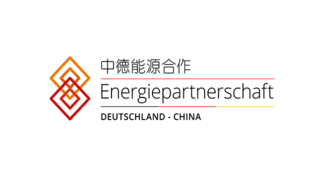Education and Training in the Field of Climate Neutral Districts in Germany
Keywords: Climate-neutral districts, Energy transition, Energy Efficiency, District energy systems | Study published: December 2023
This study aims to identify the relevant stakeholders involved in the planning and implementation of climate-neutral districts and analyze the required capability of different stakeholder groups. The integrated city quarters/district approach is not just a question of requirements for energy-efficient refurbishment of buildings, renewable energy expansion and, often, far-reaching changes to energy supply systems – all of that must be implemented while also taking into account demographic, social and urban development policy issues and opportunities for civic involvement. Which means that several different roles and levels are involved in this process. Based on interviews with different stakeholders, the requirement of education and training were identified.
To achieve climate neutrality by 2045, Germany's public and private sectors must collaborate to create zero-emission city districts, addressing energy efficiency, renewable energy, and urban development while also involving diverse stakeholders and providing targeted education and training to meet the evolving needs of the transformation process.

- Stakeholders require a combination of subject-specific knowledge and soft skills to effectively contribute to climate-neutral district projects.
- There is a need for structured introductory training, especially for new entrants in the field, to ensure a broad understanding of climate-neutral district concepts.
- The study highlights a demand for more training on innovative technologies and their application at the district level, particularly regarding heat pumps and district energy systems.
The study is a result of the Climate and Energy Partnership

